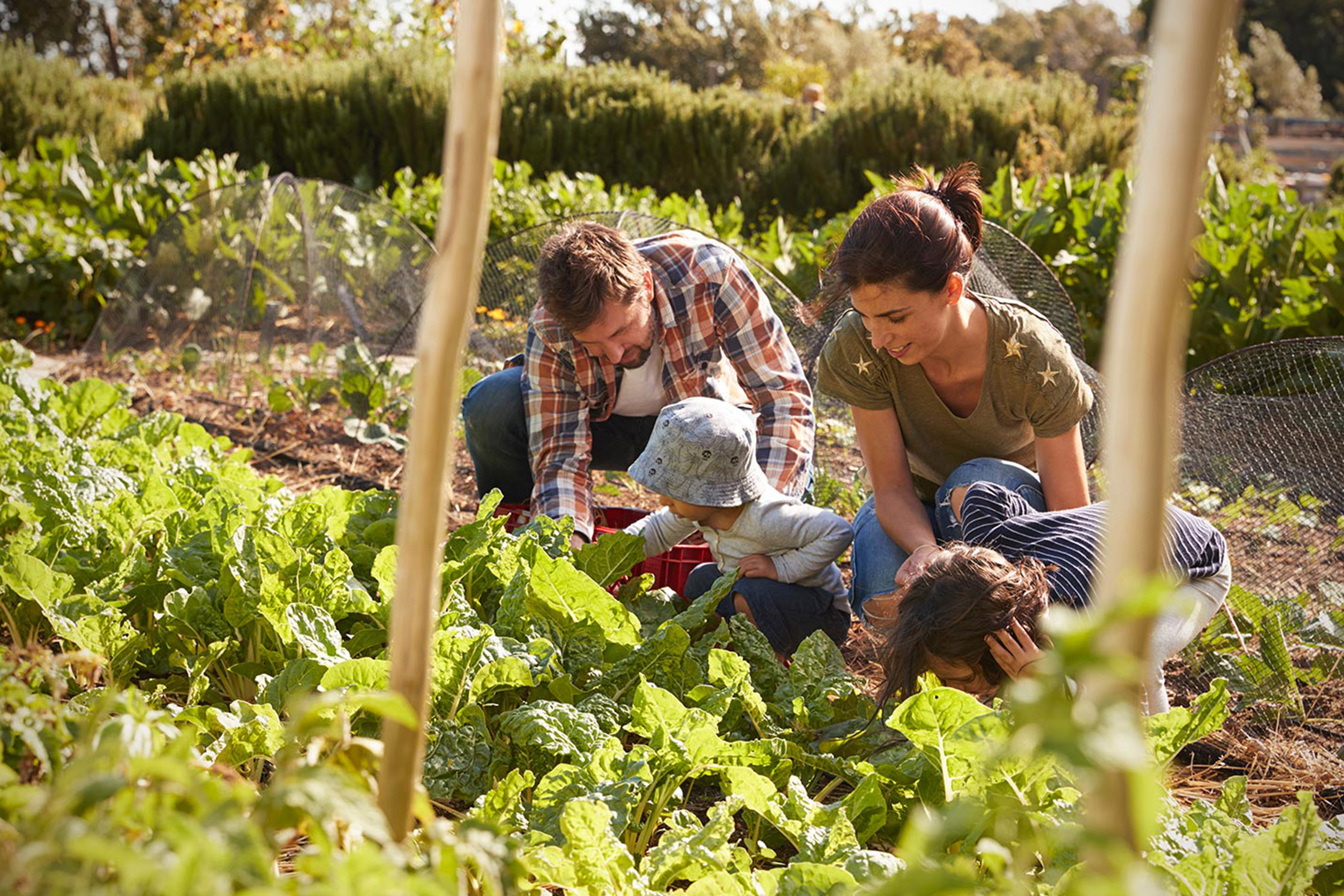New horticulture programme teaches simple ways to grow your own food

Pam Wood, Curriculum Area Manager for Primary, Food and Environment at Te Pūkenga NMIT says there's a perfect storm of increasing costs for fruit and vegetables, coupled with weather events which are impacting the movement of produce both regionally and internationally.
To help address the issue for local communities, Te Pūkenga NMIT is launching a Level 2 Sustainable Horticulture(external link) programme, which offers practical education on how to successfully grow and maintain a productive garden.
“We want to give our families the ability to become more self-sufficient,” says Pam, “and to enjoy the delicious taste of sustainably produced home-grown success.”
Pam says Te Tauihu is uniquely positioned as a ‘food bowl of New Zealand’, where the micro-climate allows backyard growers to embrace warmer and cooler climate produce.
For instance, further south it might be difficult to grow feijoas, whereas throughout most of the North Island, cherries are harder to grow.
“Kiwis need to focus on seasonally available food and move away from the idea that we should have everything, all the time,” Pam says.
The programme is designed to give people a solution to rising food prices and offer them a way to eat healthier.
“You harvest your kai fresh when you need it; it hasn’t sat in a coolstore or on a supermarket shelf, and you know what has gone on it while it was growing,” she says.
Jenny North, Horticulture Academic Coordinator, says classes will examine how to plan and execute a successful garden by learning several practical skills such as building your own compost and pruning and shaping trees.
“It is a hands-on course, with a bit of theory that gives reason behind what we do. We learn useful techniques for pruning and shaping trees, feeding the soil and encouraging biodiversity,” Jenny says.
“We will also focus a lot on organic practices, teaching how to make your own fertilizer and compost, as well as discussing sustainable solutions to managing pests and diseases.”
The New Zealand Certificate in Primary Industry Skills - Sustainable Horticulture(external link) is open for enrolments in Blenheim, Kaikoura and Richmond and runs over six months in three, 8 week blocks. It is aimed at those who are working with evening, daytime and Saturday morning classes available.

